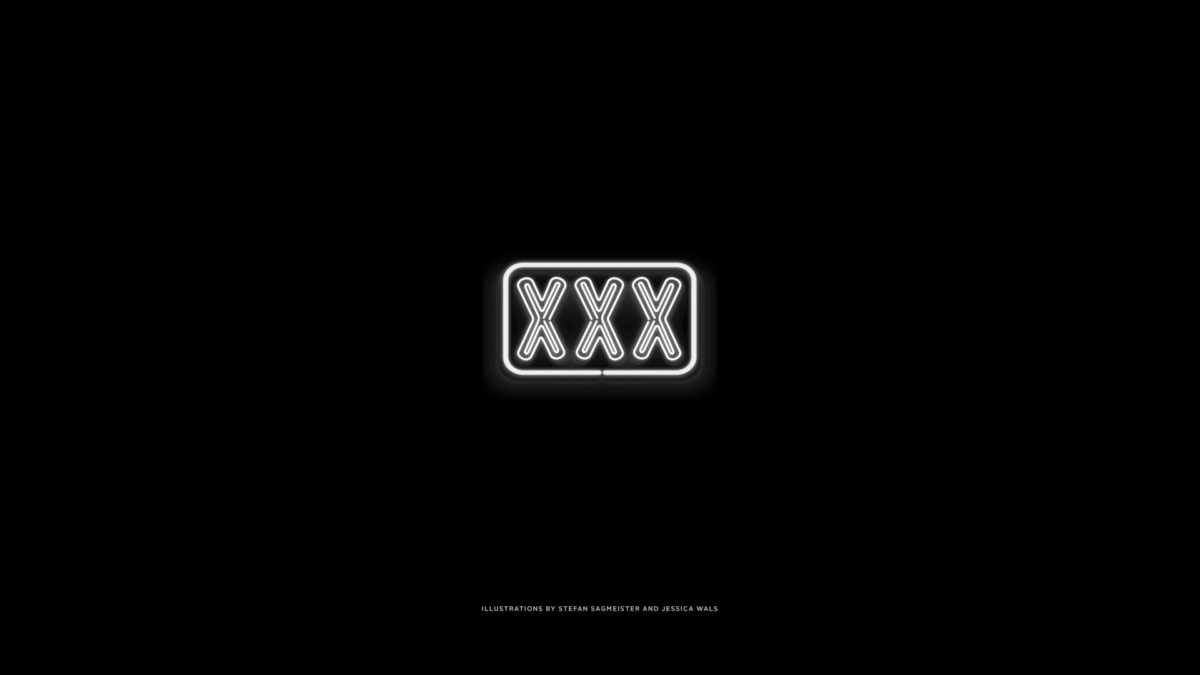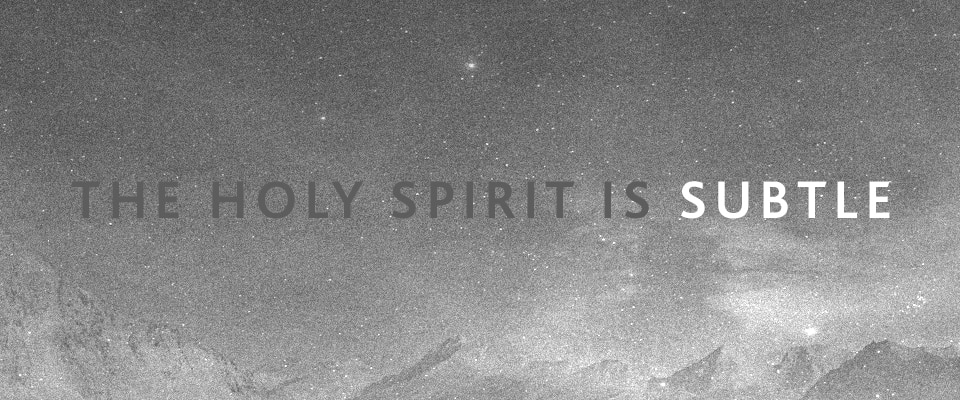I don’t know about you, but there’s that moment at a funeral when you throw the soil on the casket that hits me every time. Literally without exception, it has felt like a punch to my stomach every time I have had to do it. I’ll never forget the first time it happened. Marcus had been my best friend in early childhood, though our friendship somewhat drifted as we moved into separate classes at senior school. At 15 years of age Marcus was diagnosed with an aggressive and advanced form of cancer and within 6 months he was gone. At the funeral I trailed behind Mr. Chappell, the head of year. As we each threw our dirt on Marcus’ casket to commit his body to the dust from whence it had come, I felt a deep pang of seeming finality. He was gone. As my tear filled eyes looked to Mr Chappell, looking for a sign of hope, I found none. For he too was reeling from the gut-wrenching blow of letting Marcus go.
It is with these emotions that I think of the disciples of Christ, committing his body to a tomb. This is a dark time indeed. And perhaps somewhat darker still is that these early disciples did not know what we know now. They were not people empowered with a strong doctrinally shaped theology of genuine hope in the resurrection. Though Jews did believe in resurrection, they didn’t have quite as much certainty as we do, with a cannon to work from and some very talented pastors to lead us through the scriptures on a weekly basis! They did not know what was to come on Sunday.
For us to enter into this station of the cross fully, we must seek to try and fully enter into the pain of letting Him go.
If you’re anything like me, there is always an emotional juxtaposition when a loved one dies. The sadness felt at their loss is very much part and parcel of loving someone. It is a natural and messy process, at least it is for me. To let go of someone and allow them into the hands of the Almighty, the only one able to truly judge the human heart, is a brutal induction into the art of “trusting God”.
I remember earnestly toiling in prayer with many church congregations all over the world for my former pastor, a very dear friend and a man filled with energy, passion and a sense of unfulfilled destiny. And yet when his fight with cancer had become too much to bear I found my prayers shifting from “Lord, heal him” to “Lord, take him”. When talking to other friends I later found that many of us had shifted our prayers that same evening. We let go of someone we dearly loved and so desperately wanted to spend more time with. The pain of that letting go was juxtaposed with the joy of his salvation – the genuine, strong, and powerful joy of what he had entered into, and yet still my heart was sick. Even some 11 years later it still is on occasions when I think of my friend and the wife and son he left behind.
My point in dwelling in the pain of loss, of letting someone go, is that this time would have been very dark indeed for Joseph of Arimathea, for the Marys and the other women who watched from afar, and for all of Jesus’ other disciples, those we can name, and those we cannot. For us to enter into this station of the cross fully, we must seek to try and fully enter into the pain of letting Him go. This is a dark day indeed. Jesus is dead and buried, hopes are in tatters, dreams are crushed. Despair and darkness abound. He is gone.
And yet for us, for those who know how the story does end, we embrace the grief of loss whilst hearing the words of 17th century English Theologian, Thomas Fuller, who said “It is always darkest just before the day dawneth”. For today is Friday… but Sunday is coming.




